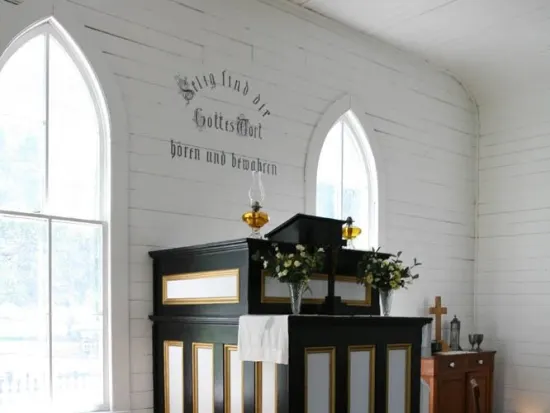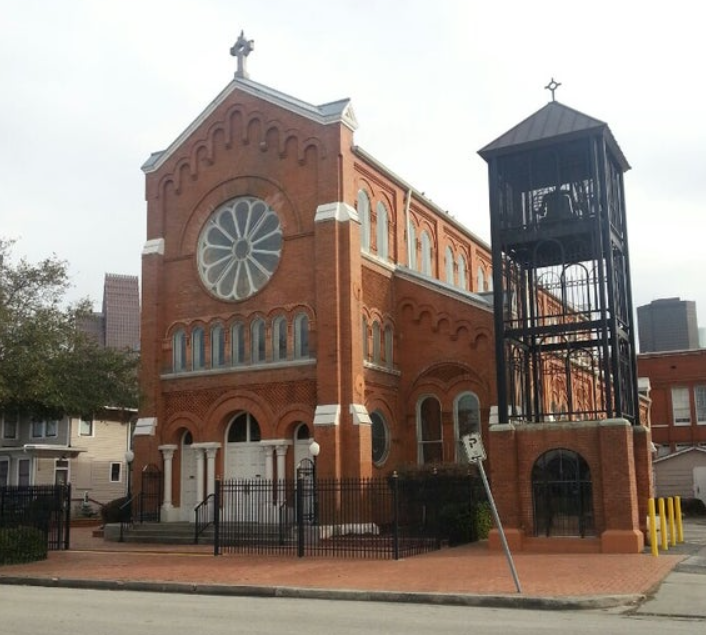German immigrants played a vital role in shaping Houston’s cultural and architectural landscape. From the mid-1800s, large waves of German settlers arrived, bringing with them traditions, craftsmanship, and social customs that continue to influence the city’s character today. Houston’s German heritage can be seen in both preserved historical architecture and annual traditions celebrated by locals.

Early German Settlers and Their Arrival in Houston
The first significant wave of German immigrants to Houston occurred in the 1830s and 1840s, as many fled political unrest and economic hardships in Europe. Germans were drawn to Texas due to its open land and economic opportunities. Many of these settlers established communities near Houston, including settlements like New Ulm, Industry, and the German-dominated enclave of Fredericksburg.
Houston benefited from the labor and business acumen of German immigrants, many of whom were artisans, merchants, and skilled craftsmen. The early German communities contributed to local agriculture, brewing, and construction industries, laying the foundation for Houston’s economic development.
Architectural Legacy: From Churches to Breweries
German immigrants left a lasting impact on Houston’s architecture. St. Joseph’s Catholic Church, one of the oldest in Houston, exemplifies German craftsmanship. The Gothic Revival-style church, constructed by German immigrants in the mid-19th century, reflects traditional European design elements that were adapted to the local environment.

Another important example is the rise of breweries, with beer halls becoming social centers within German communities. The Houston Ice and Brewing Company, founded by German entrepreneurs, contributed to the popularity of local beer culture that continues with today’s craft brewing scene.
Additionally, some early Houston homes and commercial buildings incorporated German styles, such as stonework façades and half-timbered structures, blending European influences with local Texan materials.
Celebrating German Traditions Today
Houston continues to embrace its German roots through several annual events. One of the most notable celebrations is Oktoberfest, held at various locations, including Saint Arnold Brewing Company, Texas’s oldest craft brewery. The festival showcases traditional German food, music, and beer, attracting thousands of visitors.
Another important tradition is the Christkindlmarkt, a German-style Christmas market that offers handmade crafts, festive foods, and performances. These events preserve German heritage while integrating it into Houston’s diverse cultural fabric.
The Role of Music and Social Organizations
German music, especially polkas and waltzes, became integral to local festivities. German settlers also established social clubs, known as Vereins, which promoted cultural events and community gatherings. Some of these organizations, such as the Houston Saengerbund (a German singing society), still exist and contribute to the city’s arts scene.
These institutions helped maintain German identity while fostering connections with other ethnic communities, contributing to Houston’s reputation as a multicultural city.